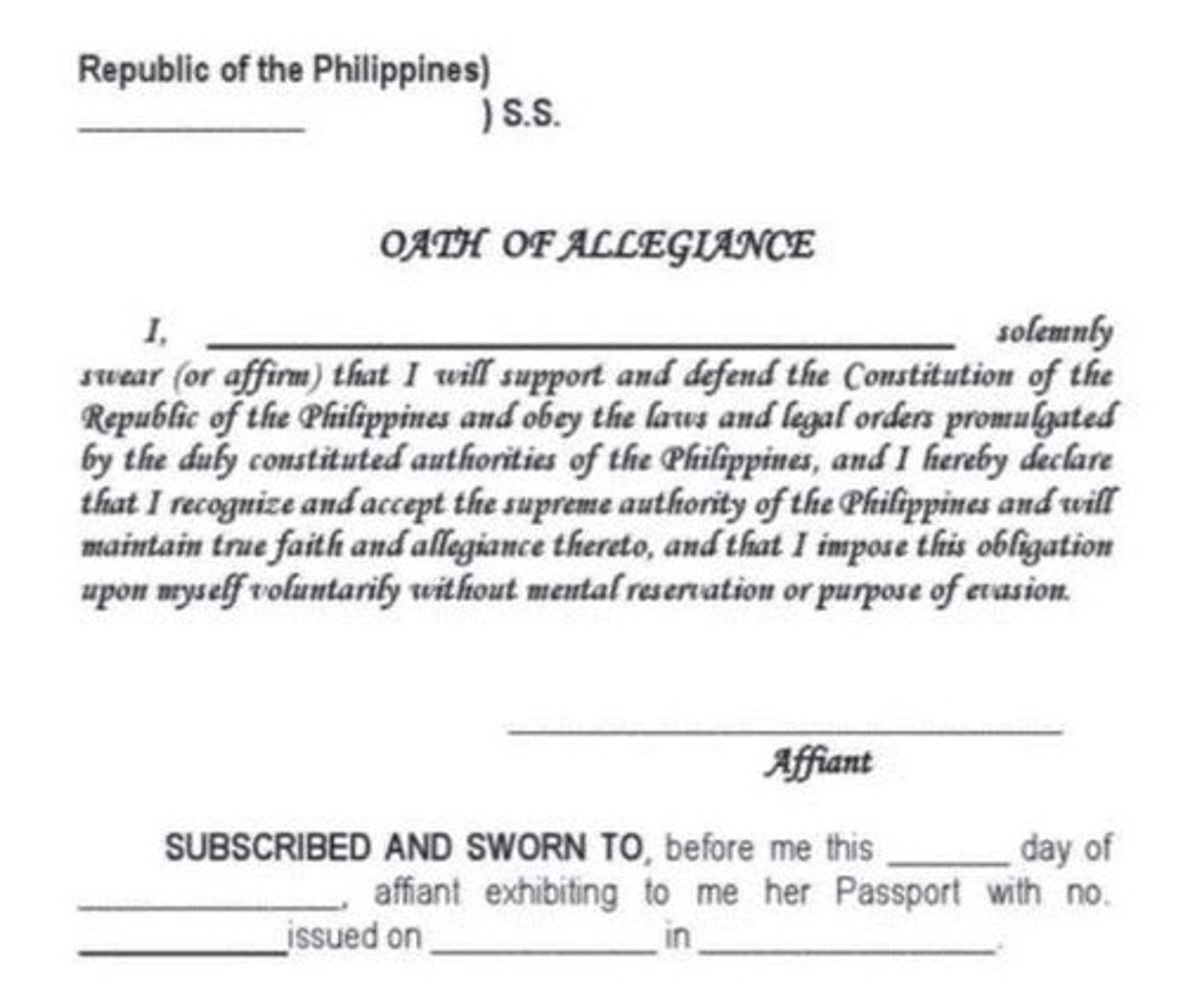Understanding Citizenship: Concepts and Historical Evolution
1/75
There's no tags or description
Looks like no tags are added yet.
Name | Mastery | Learn | Test | Matching | Spaced |
|---|
No study sessions yet.
76 Terms
Citizenship
refers to the status of an individual as a full and responsible member of a political community (Gauba, 2009). the mutual obligations between individuals and the state.
Social rights
These moral, legal or societal rules and an inclusion and social solidarity, refers to the fundamental dignity and empowerment and include access to essentials such as food, health, education, housing, social protection and labor rights.
Neo-liberalism
Conceptually, a political and economic philosophy that emphasizes free trade, deregulation, globalization, and a reduction in government spending (Manning L., 2024).
Global citizenship
refers to the belief that individuals are members of multiple, diverse, local and non-local networks rather than single actors affecting isolated societies.
Subject vs. Citizen
A subject is typically subservient to the state (Gauba, 2009). In contrast, a citizen is an active and full member of the political community.
Republic Act No. 10963
Also known as the Tax Reform for Acceleration and Inclusion (TRAIN) Law, it requires Filipinos to pay taxes based on their income to support government programs and services.
Republic Act No. 10931
This law provides benefits such as free tuition in state universities for Filipino citizens.
1987 Philippine Constitution
Ensures that all citizens have fundamental rights and freedoms including the right to vote, participate in governance, and freedom of expression.
T.H. Marshall
Divided citizenship evolution into civil, political, social rights. He implies citizenship as full membership in a community where all individuals who hold this status are equal regarding the rights and duties associated with it.
Formal citizenship
Refers to the legal status of being a citizen of a state, often granted through birth, naturalization, or other legal means.
Substantive citizenship
Goes beyond legal recognition and involves the actual exercise and enjoyment of rights.
Social Movements
Some citizens may not fully enjoy their rights. These groups demand the realization of their rights in practice.
Natural-born citizens
Those who acquired citizenship at birth without requiring legal processes, including those who elected citizenship under Section 1 of the 1987 Philippine Constitution.
Citizenship Loss
Citizenship lost due to naturalization from other country.
Dual Allegiance
Contrary to national interest; must be legally addressed.
Republic Act 9225
Law allowing dual citizenship for former Filipinos.
Dual Citizenship Law
Facilitates retention and reacquisition of Filipino citizenship.
Naturalization
Process of becoming a citizen of another country.
Oath of Allegiance
Required for reacquiring Filipino citizenship under RA 9225.

Jus Sanguinis
Citizenship inherited from Filipino parents, regardless of birthplace.
Jus Soli
Citizenship based on birthplace, as in the U.S.
Birth Certificate Requirement
Needed for citizenship restoration, authenticated by PSA.
Certificate of Election
Required for citizenship claims through mothers under 1935 Constitution.
Report of Birth
Document for individuals born abroad to restore citizenship.
Constitutional Prohibition
Dual allegiance feared to undermine loyalty to the Philippines.
Poe-Llamanzares v. Comelec
Landmark case affirming rights of foundlings in citizenship.
National Security Risks
Concerns regarding dual citizens acting against national interests.
Economic Advantages
Debate on motivations for seeking dual citizenship.
Filipino Citizenship
Reacquired through legal processes without renouncing other loyalties.
Philippine Citizenship
Acquired through birth, naturalization, or legislation.
Ancient Greece Citizenship
Privilege for elite freemen, excluding others.
Roman Citizenship
Extended to conquered peoples with varying rights.
Medieval Citizenship
Dominated by church authority, feudal obligations.
Renaissance Citizenship
Revival emphasizing civic engagement and rule of law.
Glorious Revolution
Established constitutional monarchy in England, 1688.
Social Contract
Citizens consent to governance for rights protection.
American Revolution
Highlighted natural rights and citizen governance participation.
French Revolution
Zenith of citizenship with rights declaration.
Natural Rights
Rights inherent to individuals, emphasized in revolutions.
Liberalism
19th-century ideology focusing on individual freedoms.
Negative Rights
Freedom from state interference in personal matters.
Positive Rights
State support for individual development and welfare.
Welfare State
Introduced social rights like healthcare and education.
20th Century Citizenship
Focus on global responsibilities and multiculturalism.
Civil Rights
Basic freedoms and protections from the state.
Political Rights
Rights enabling participation in governance and politics.
Social Rights
Rights ensuring access to welfare and social services.
Indigenous Rights
Recognition of rights for historically marginalized groups.
Citizenship and Identity
Citizenship shapes national identity and legal status.
Collective Welfare
Benefits derived from community engagement and citizenship.
Global Citizenship
Responsibilities extend beyond local or national boundaries.
Civic Engagement
Active participation in community and political life.
Rights of Man and Citizen
French declaration asserting citizen rights and freedoms.
Equality Before the Law
Legal principle treating all individuals equally.
Freedom of Speech
Right to express opinions without censorship.
Right to Vote
Ability to participate in elections and referendums.
Right to Run for Office
Eligibility to stand for election and hold office.
Right to Economic Welfare
Access to financial assistance during hardships.
Access to Social Services
Availability of healthcare, education, and housing.
Natural Justice
Principle ensuring fairness in legal proceedings.
International Covenant on Civil and Political Rights
UN treaty protecting civil and political rights.
Black Lives Matter Movement
Global movement against systemic racism and violence.
Social Security
Financial assistance for individuals facing life challenges.
Public Services
Essential services provided to support citizen welfare.
Cultural Protection
Efforts to preserve cultural heritage and education.
Beveridge Report
1942 report addressing social issues in England.
Social Security System (SSS)
Philippine program providing financial assistance during hardships.
Universal Health Care Law
Law ensuring access to healthcare for all Filipinos.
National Commission for Culture and the Arts
Agency promoting and preserving Filipino cultural heritage.
Coalitional Politics
Political dynamics influenced by group alliances.
Procedural Fairness
Legal principle ensuring fair treatment in processes.
Human Rights Institutions
Organizations promoting and protecting human rights.
Marginalized Groups
Communities historically excluded from societal benefits.
Collective Rights
Rights granted to groups rather than individuals.
Advocacy
Efforts to promote and protect rights and interests.
Systemic Racism
Institutional practices perpetuating racial discrimination.